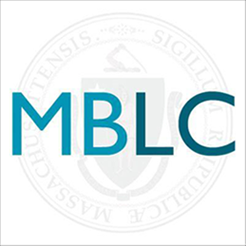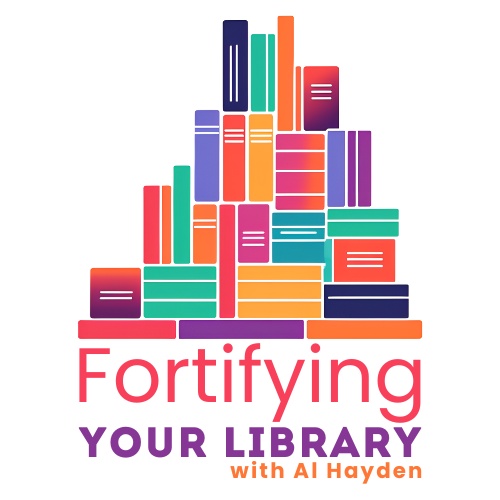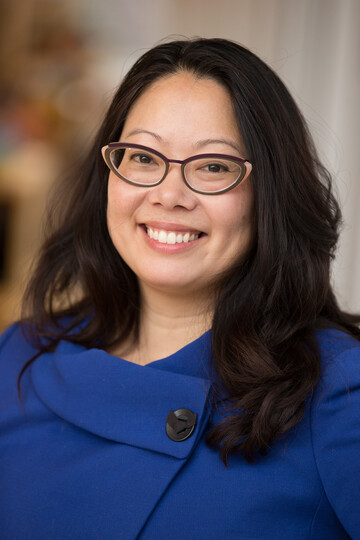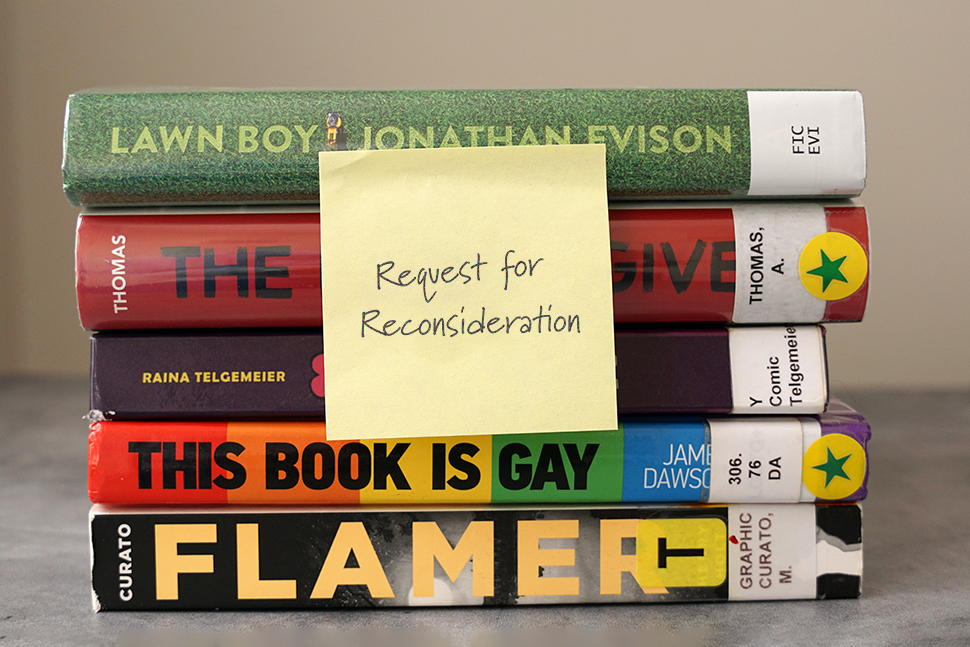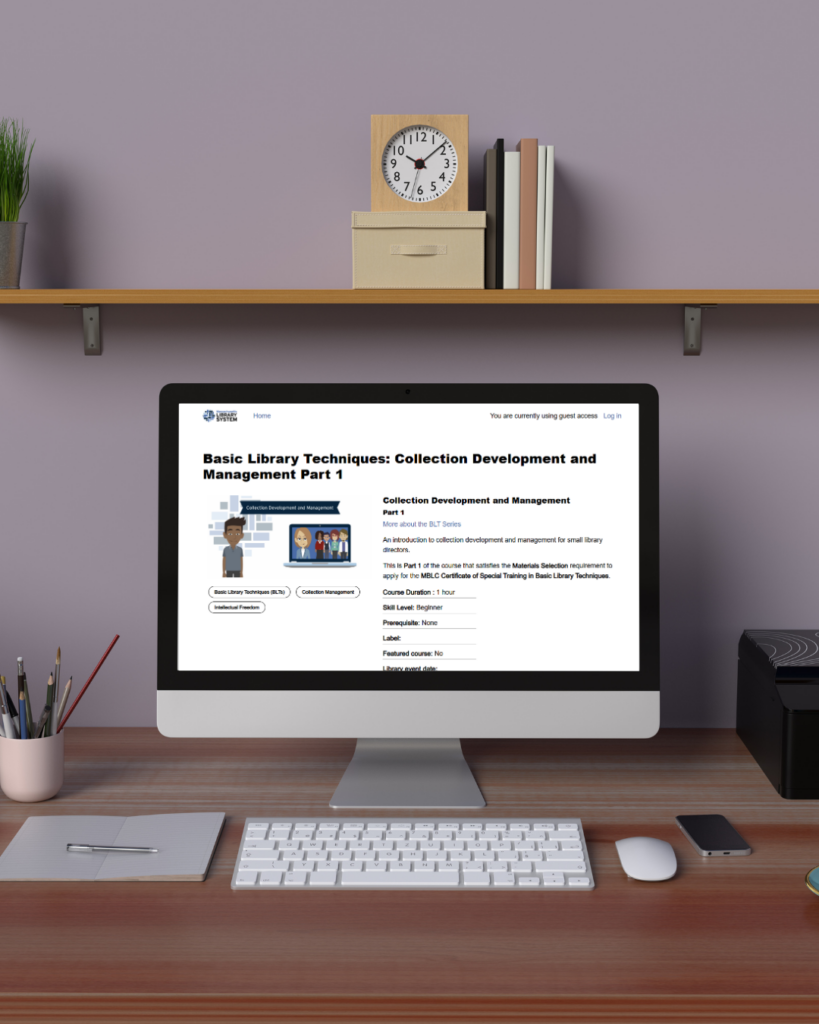If your Library Board is considered a public body, you are obligated to follow Open Meeting Laws (OML) to keep Board proceedings as transparent as possible. If your Library Board is running as the Board of a nonprofit or association library, you are not officially obligated to follow OML. However, to maintain your status as a certified public library in the Commonwealth, you will likely be funded at least in part by municipal funds (usually, though not exclusively in the form of staff salaries, benefits, etc.). Best practices suggest that even though you are not compelled by the state to follow Open Meeting Law, you still should consider doing so. Because you are using some tax dollars as part of your library budget and, as you’ve heard me mention, libraries should always show that they are good stewards of tax dollars and following open meeting laws keeps up transparency to demonstrate that.
Some boards, particularly those who are not obligated to follow OML, tend to be conflicted about allowing public commentary during their meetings. While many Board meetings are run without incident, even when public commentary is invited, contentious meetings often get a lot of publicity and have even been the subject of lawsuits. Understandably, this can make any board reluctant to keep public commentary as part of their meeting, but Boards can adopt a policy that, if followed precisely each meeting, can keep meetings running smoothly with minimal incidents.
Public Commentary
Public commentary is a period during an open meeting where the Board welcomes members of the audience (virtually or in person) to express their opinions about a matter that is relevant to the Board. There is no law that requires public meetings to have a public comment period. However, having a public comment period is generally considered best practice. Including one in your meeting agenda indicates to the public that your Board welcomes feedback from the community that your library serves. You create trust between the community and the Board when you demonstrate that you are open to hearing opinions that you may not have previously considered in your deliberations.
Setting Boundaries
If you decide that you want to welcome public participation in your meetings, you’ll need to set boundaries and stick to them. This lets the public have reasonable expectations when they come to participate and are clear about your expectations regarding their input. And, as we’ve discussed, setting expectations and boundaries are one of the ways in which policies can be most effective. I recommend looking at other policies in neighboring libraries and libraries of similar sizes and seeing what they are doing. This doesn’t mean that you need to mimic their policies, but having a sense of the “norms” around you can inform your decision so you can balance both the Board’s needs and what your community may be expecting. Here are some boundaries you may want to consider setting:
- Time limit for total commentary – Public comments do not have to dominate your entire meeting, especially since inviting them is a courtesy and not a requirement. You are well within your rights to set a total amount of time in which people who would like to make comments are allowed to do so.
- Time limit for individual commentary – Just like the comments do not need to be the focus of your meeting, one person’s perspective doesn’t need to be the focus of the public comments. If you are putting a limit on the total time during which the public can comment, you may want to also put a limit on the amount of time one person can speak as well. Balancing this can be tricky; you want to ensure that a person speaking has enough time to clearly state what they came to say while also discouraging rambling or repetition and ensuring that you can fit as many people into the allotted public comment time as possible.
- Advance requests – Some Boards will not consider public commentary unless they have been notified in advance. Largely this is to enable the Board to acknowledge those who wish to comment by their name and so names may be entered into the record. How far in advance your Board requires notification that someone would like to speak is up to the Board. Some Boards require 24-hour notification in order to get on the list of Public Comment speakers. Others have a sign-up sheet at the meeting where community members can list their names when they arrive. If this is something you plan to require, you should take steps to ensure that you are not excluding any groups of people. For example, if you have a hybrid meeting, but are only allowing public commentary via an at-meeting signup sheet, this can exclude anyone participating remotely. Ensure that there are equitable means for someone to request to make a comment. Otherwise, you are not truly getting your community’s perspective.
- Termination of time – You will also want to set an expectation of when the Board will consider someone Out of Order. Generally speaking, any true threat of violence, inciting imminent lawless conduct, or being physically disruptive or threatening are reasonably considered actions in which a person can be called Out of Order. If you wish to put additional limitations on your public comments, I strongly recommend consulting your municipal counsel or an attorney on the Board to ensure that any limitations you place can be upheld by law. How your Board wishes to handle someone becoming Out of Order is also up to you, but many Boards will terminate the remainder of that person’s speaking time and/or ask that person to leave. *
Not a dialogue
While your Board may be meeting in view of the public, your Board meeting is not a meeting of the public. The Board is there to discuss their business in an open forum, not create a back-and-forth on that business in the moment. Public comment is an opportunity for your library’s community to provide input on a library’s policy or other decision within the Board’s purview, and for the span of time that the commentary period runs, this input goes one-way. During the public comment period, the job of the Board Chair (or designee) is to ensure that any participants in public comment are following the rules, but otherwise the chair should remain silent. If you’ve established that you want public commentary as a part of your meetings and someone (or multiple people) have taken the effort to attend the meeting and prepare their statement, as a Board, you need to ensure that you are following through on your end of the bargain and listening to what they have to say.
You are also within your rights to state in your policy, if you so choose, that you will not engage in dialogue. Some examples of this may include:
- Public comments shall be confined to subject matters within your library’s jurisdiction, an item on the current agenda and/or an item that has appeared on an agenda over the last 60 days
- Board members will listen to remarks, but will not engage in discussion, answer questions, or debate with a speaker
- Board members may decide to address the matter with a vote by adding the matter to a future agenda with expected public notice
Many library Board members became so because they care about the library and the issues affecting libraries. This motivation can make following the “not a dialogue” part of the procedure particularly difficult to follow. But remember, consistency is one of the key ways a body earns public trust, so it is as important to follow this section of your policy as it is any other portions of the policy that may come more naturally.
Maintaining your authority
To keep public commentary as orderly as possible, the Board should maintain that they are the primary conduits for the meeting. Many Boards reiterate their public comment policy at the beginning of their meeting or at the beginning of the public comment period. This can keep confusion and expressions of “but I didn’t know” at a minimum. You are also well within your rights to mention in your policy any of the following, deciding whether or not they apply to your situation:
- Speakers may only speak if they are recognized by the Chair.
- Audience members are not permitted to interrupt recognized speakers
- Policy may be subject to exception at the discretion of the Board (and/or Library Director if applicable)
- Speakers will be recognized/scheduled on a first-come, first-served basis
- Speakers may not give their comment time to other speakers to extend an individual’s time to comment
By and large it is the Board Chair, or presiding officer in the Chair’s absence, that will make these determinations and follow through on most of this policy. However, all members of the Board should be fully up to date on the current public comment policy, so as not to subvert the authority of the Chair or the Board and maintain consistency with the public’s expectations.
While the Board’s authority should be made apparent whenever possible, it is neither productive nor trust-building to be abrupt, curt or visibly irritated during the public comment period. The Chair and other Board members should be dispassionate and polite. Thanking the commenter for their time and opinion can go a long way to establishing a good relationship, even if the board and that commenter happen to disagree. Remember that there is a level of vulnerability to making a public comment and commenters may be inexperienced with the forum. Treating everyone well increases the comfort level of those participating in their local government, which can, in turn, encourage more participation. Being understanding adds a layer of trust which can maintain civility in future interactions, even when the subject matter is something that is subject to strong opinions.
Other channels for public feedback
A public comment period does not need to be the only way in which the public can interact with or express their opinions to a Board. The Board should have other methods that give members of the public the option to communicate with them, especially if they are elected to the Board. Not everyone is comfortable speaking in public for a variety of reasons, so there should be at least ways for the public to contact the Trustees via mail and/or emails. Many libraries are the official mailing address for the Board with any mail coming in given to the chair (or presiding officer) by the Library Director (or designee in the Director’s absence). Trustees may choose to have email addresses that are made available to the public, but they may also choose to have a single email address that is regularly checked and that anyone in the public can send correspondence to (ex. LibraryTrustees@emailsource.com). These should also be acknowledged at a meeting, though they are not part of the public comment period and do not need to be read aloud during the meeting. This is another way the Board shows their community that they are responsive to their needs and can build trust not just in the Board, but in the library overall.
As I’ve stated before, policies are at their best when they set clear expectations and follow through with those expectations at every meeting. This level of consistency and clarity builds public trust and ensures that everyone is treated fairly. Public commentary in particular can be a touchy subject, but having this policy in place encourages people to be respectful and understand their limits before choosing to participate in a meeting.
*Before setting any of the particular boundaries, I strongly recommend reading a summary of Barron Vs Kolenda (this one from the Boston Bar Association is a helpful summary though other reliable ones are available) and, as always, conferring with your municipal counsel to ensure that any limitations you set, actions you choose to take, or boundaries you enforce can be upheld by the law.
